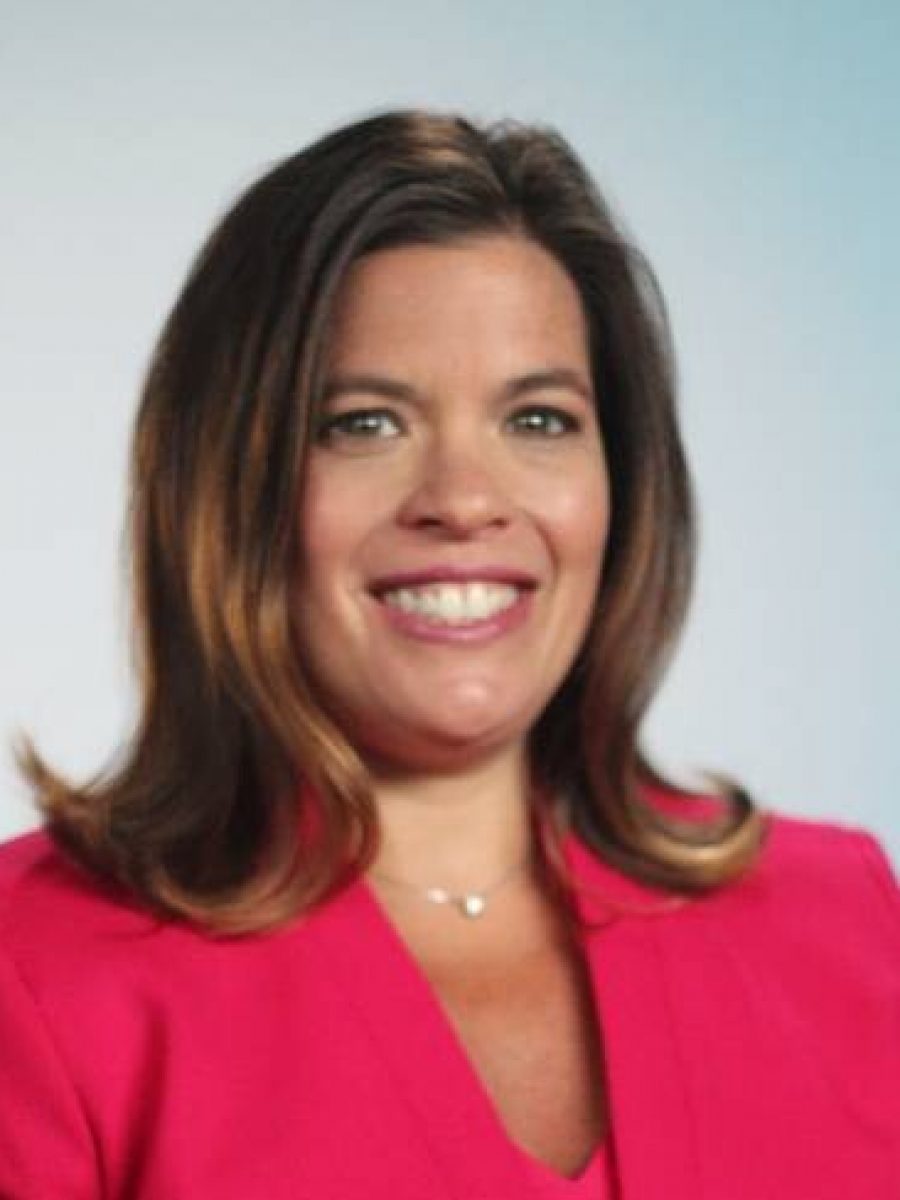Quick links
- Office of Academic Affairs and Services
- Office of Communications
- Office of Development and Alumni Relations
- Office of Digital Learning
- Office of Graduate and Professional Admissions
- Office of Student Life
- Office of Teacher Licensure
- Peabody Career Services
- Peabody Library
- Peabody Research Office
- Background Clearance Office
- Faculty Directory
- Travel Directions
- Contact Us
The Peabody Difference
Peabody's emphasis on learning differences has helped to define the college, as has a reputation for empirical rigor. The college is widely known for excellence in special education; leadership and policy; child development; psychology and human development; the learning sciences; quantitative methods; and educational neuroscience.
Peabody Facts
-
24
Master's and Ed.D. Programs
-
7
Undergraduate Programs
-
6
Ph.D. Programs
-
189
Full-time Faculty
-
2,699
Students
Program Facts
-
#2
Overall Best Education School (tie)
-
6
Programs ranked Top 10 by U.S. News
-
#1
Special Education
-
#1
Education Policy
-
#2
Educational Administration
-
#5
Curriculum and Instruction
-
#5
Elementary Education
-
#7
Higher Education Administration
*all rankings taken from U.S. News and World Report 2025
Our Commitment to Belonging, Collaboration and Growth
Peabody College is committed to fostering an environment where every individual feels valued, supported and empowered to grow as a part of our thriving Peabody community.
Peabody Leadership
-
Camilla P. Benbow, Ed.D.
Patricia and Rodes Hart Dean of Education and Human Development
-
Ellen Goldring, Ph.D.
Vice Dean
-
David Chambliss, M.A., M.Ed.
Associate Dean for Development and Alumni Relations
-
Nicole Joseph, Ph.D.
Associate Dean
-
Nicole Cobb
Associate Dean for Professional Education
-
Jeannette Mancilla-Martinez, Ed.D.
Associate Dean for Academic Affairs and Graduate Education
-
Meaghan Mundy, Ph.D.
Associate Dean of Students
-
Bryan Ratliff, M.S.
Associate Dean for Finance and Administration
-
Jacci L. Rodgers, Ph.D.
Associate Dean for Data Analytics
-
Sharon Shields, Ph.D.
Senior Associate Dean for Community and Special Projects
-
Anita A. Wager, Ph.D.
Senior Associate Dean for Undergraduate Academic Affairs
Our Faculty
Working across social and natural science disciplines at a breadth unusual for schools of education, Peabody faculty include educators, psychologists, child development experts, sociologists, economists, political scientists, neuroscientists, philosophers and historians of education, and quantitative methodologists. They share a national reputation for excellence and a focus on creating opportunities and improving lives, especially for underrepresented and underserved populations.
The faculty includes:
- 24 Endowed chair holders
- 15 American Educational Research Association Fellows
- 5 National Academy of Education Members
- 24 Association for Psychological Science Fellows
- 1 National Academy of Medicine Member
Our Students
Peabody students come from all 50 states and many international countries. The college enrolls nearly 1,500 undergraduate (B.S.), more than 1,000 professional (M.Ed., M.P.P., M.S., and Ed.D.) and 200 graduate (Ph.D.) students across its 38 degree programs.
Our Staff
Peabody faculty, students and others are able to thrive because of the collaborative work of more than 300 college staff who daily contribute to fulfilling the educational, research and service missions of the college.
Our Alumni
From networking opportunities and reunions to alumni recognition and activities, Peabody is your home for a lifetime. Its nearly 35,000 alumni share a lifelong commitment to creating positive change in schools; communities; higher education; and non-profit, for-profit, or governmental organizations.










